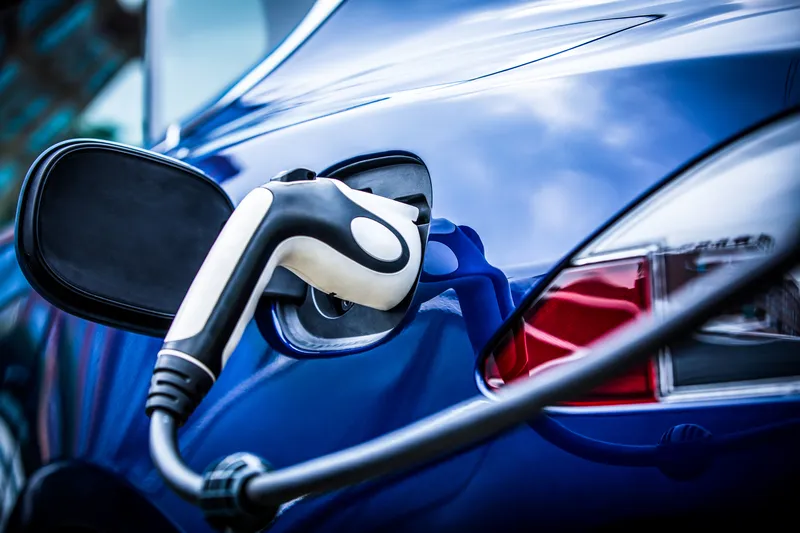The number of electric cars sold in the UK has fallen by over 50 per cent to just 215 in the first three months of the year despite Government incentives, according to figures from the RAC Foundation.Since 1 January, individuals and businesses have been able to claim a discount of up to £5,000 (US$8,193) on cars producing 75 g CO2/km or less under the Government’s Plug-In Car Grant scheme. A total of 680 cars have been purchased under the programme, taking the number of electric cars registered in the UK to
April 17, 2012
Read time: 2 mins
The number of electric cars sold in the UK has fallen by over 50 per cent to just 215 in the first three months of the year despite Government incentives, according to figures from the 4961 RAC Foundation.
Since 1 January, individuals and businesses have been able to claim a discount of up to £5,000 (US$8,193) on cars producing 75 g CO2/km or less under the Government’s Plug-In Car Grant scheme.
A total of 680 cars have been purchased under the programme, taking the number of electric cars registered in the UK to 2,500 out of a total of 28 million. By comparison, there were 81,000 hybrids registered in the UK by the end of 2010.
The government has set aside US$70.45 million until March 2012 to support the purchase of electric vehicles, but the figures indicate that a maximum of only US$5.57 million has been claimed to date.
“The RAC Foundation backs this scheme, but the figures show the mountain we have to climb if the national car fleet of 28 million vehicles is to turn truly green,” says director of the RAC Foundation Stephen Glaister.
The main problem, he says, is that the price of electric cars, even with the grants, is much higher than similar-sized petrol and diesel models.
The838 Nissan Leaf, for example, costs US$42,578 after the grant, while the 4962 Mitsubishi i-MiEV comes in at over $39,000 and the 4231 Vauxhall Ampera at over $47,500.
“Despite the lower fuel costs associated with electric cars, the high purchase price means it will take owners several years to reap the financial benefits of not choosing fossil-fuel powered vehicles. In the short term motorists will have to think long and hard about whether electric cars give better value for money than the best conventional and hybrid models,” says Glaister.
He adds that it will be interesting to see how2453 Renault’s plans to lease the batteries for its Fluence electric vehicle to bring down purchase costs to US$29,245 will appeal to consumers.
But Glaister concludes that in the short to medium term already-proven hybrid technology offers the best chance of significantly reducing emissions from cars.
Since 1 January, individuals and businesses have been able to claim a discount of up to £5,000 (US$8,193) on cars producing 75 g CO2/km or less under the Government’s Plug-In Car Grant scheme.
A total of 680 cars have been purchased under the programme, taking the number of electric cars registered in the UK to 2,500 out of a total of 28 million. By comparison, there were 81,000 hybrids registered in the UK by the end of 2010.
The government has set aside US$70.45 million until March 2012 to support the purchase of electric vehicles, but the figures indicate that a maximum of only US$5.57 million has been claimed to date.
“The RAC Foundation backs this scheme, but the figures show the mountain we have to climb if the national car fleet of 28 million vehicles is to turn truly green,” says director of the RAC Foundation Stephen Glaister.
The main problem, he says, is that the price of electric cars, even with the grants, is much higher than similar-sized petrol and diesel models.
The
“Despite the lower fuel costs associated with electric cars, the high purchase price means it will take owners several years to reap the financial benefits of not choosing fossil-fuel powered vehicles. In the short term motorists will have to think long and hard about whether electric cars give better value for money than the best conventional and hybrid models,” says Glaister.
He adds that it will be interesting to see how
But Glaister concludes that in the short to medium term already-proven hybrid technology offers the best chance of significantly reducing emissions from cars.









